|
Yasuni National Reserve, Ecuadorian Amazon - Pipelines are the landscape. 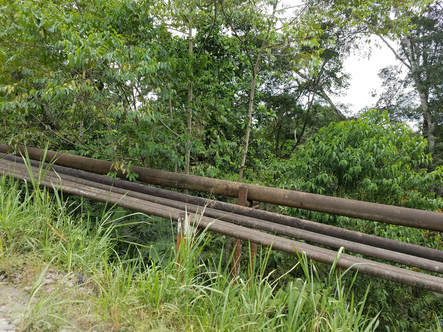 "YOU CAN'T MAKE MONEY & DO GOOD" What if we exponentially multiply the already growing number of Conscious Change Agents willing to challenge the status quo? I was speaking to a former client, a senior executive in a well known Fortune 500 Company, and what I heard stopped me in my tracks. I am often stopped in my tracks because I like to read inside, under, around, on top and in between most things people say, and frankly this world has been a bit jarring lately, even for the least of curious souls. For confidentiality let's call said exec, Maya. Maya said (paraphrased), "We need to tackle our environmental and human rights policy and the truth is, most people still fear it will negatively impact the short term." The next morning at the gym I was speaking to a friend, Dale, who works in finance It was the day after I returned from the Amazon in Ecuador, where I was in and around Yasuni National Reserve, a stunning place scientifically proven to be one of the most biodiverse places on the planet. This part of the Amazon Rainforest is still home to several un-contacted Indigenous Tribes. I saw massive disruption. The former president of Ecuador, Rafael Correa, in 2007, attempted to protect this area and created the Yasuni-ITT Land Trust. The idea was that the international community would have to fork over 3.6 billion dollars into the fund and the government would agree to keep oil and mining and other extractive industries out in perpetuity. The world failed to support this worthy cause and Correa announced Yasuni would be "liquidated." Unfortunately we missed a great opportunity to protect an axis of balance we have yet to understand on our globe. What happened next? VORACIOUS POUNCE FOR OIL About five years ago, like flies descending on a watermelon left out over night, Chinese (and some other) oil companies in collusion with Petroamazonas, Ecuador's state owned oil company, began to devour block after block inside the delicate Yasuni National Reserve. The American company, Texaco (now Chevron), long gone from Ecuador, had already explored the territory and staked out the oil blocks decades ago. I was just there. There is no rule of law. It's the wild wild west. Sewage is unapologetically flushed straight into the river, untreated. Pipelines everywhere, no monitoring, just overwhelmingly zero law or regulatory enforcement. Spills happen regularly, right into the rivers. Are we are all complicit? Human rights, environmental and corruption issues plague this once gorgeous piece of earth and her few remaining indigenous wisdom keepers. I got to speaking with Dale at the gym and he was proudly telling me about his oil operations in Papua New Guinea. He's into all kinds of business opportunities and has a small operation, way outside of the public eye in Papua New Guinea and in Colombia. When I asked what kinds of human rights and environmental guidelines he is following he assured me they are being really good to the people next to them and his lawyer told him they're within the law. What does that mean when there is no rule of law in the place you operate? His neighbors, he said, love them because they are 'really good to them'. "What? We paid them for the land." Dale said. "How much?" I asked. He took a sharp right turn and added, "We gave them things they never had." When I asked what kind of 'things,' "Did you buy them a truck?" Toys do not compensate for the level of disruption and takings committed by small (or large) oil explorers. In fact Dale was pissed when I asked him if he considered himself a colonizer. It is a paradox of profoundly misguided trust. Some Indigenous groups have no idea what pollution even is. They can't foresee what will happen in 20 years as a result of oil drilling (and operations) now. I saw this first hand in Ecuador. *Michael Cepek's book, "Life in Oil" (2018), outlines exactly what this 'looks' like to a community who drinks and bathes in water with petroleum visibly floating in its midst. It's complex and the impacts are within, and well outside of our linear understanding. I wasn't judging or insulting Dale. As a Change Agent, I just speak truth and challenge us all to take responsibility. We are at a point in our climate delicate journey that anything less is a form of collusion. And yes, there is a conscious 'way' to go about this truth speaking and I share it below in the 5 Indispensable Tools of the Change Agent. 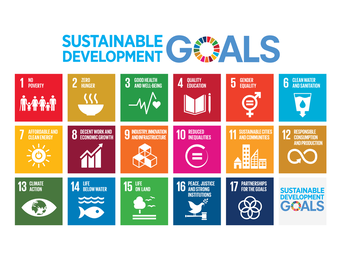 Dale and I got into it. I asked, "Have you heard of the UN Guiding Principles on Business and Human Rights (UNGPs)? The UN Global Compact? The Declaration on the Rights of Indigenous People? Have you heard of the UN Sustainable Development Goals? Do you even know what OPEC is? (Organization of Petroleum Exporting Countries). Do you care about these people?" Well Dale got all in a twizzle. Then he said, "I have 2 daughters. I have to make money. You can't do good and make money." CONSCIOUS LEADERSHIP Paul Polman, CEO of Unilever who also holds various governing positions in change agent organizations including the UN Global Compact, spoke at the PRI in Person 2018 event (UN Supported Principles for Responsible Investment) in California at the same time the Global Climate Action Summit was underway. Most would agree, Polman models what it is to be a certified Change Agent. He is the quintessential example of an authentic conscious leader who truly understands the complexities of de-carbonizing our economy. He knows we, for the first time ever, possess the tools to transform to a sustainable world, to end poverty, give access to healthcare and education to the most marginalized on our planet, protect the environment, institute the rule of law and shy away from corruption, create conscious companies and consumers that don't take pleasure in buying a t-shirt for $1 because they know it was made with slave or child labor. Polman knows we are missing only one thing. "We have never been so forewarned... and the key missing element is will power." VORACIOUS CHANGE AGENTS Change Agents have the will to "challenge assumptions" instead of going along with the status quo. This is one of the superpowers of a Change Agent, challenging people like Dale and Maya's executive team's assumptions, that you can't do well by doing good. The cliche of 'Do Good' in its marketing power, is outnumbering true believers. We say it, but how many TRULY believe it? The 2018 Corporate Benchmark on Business & Human Rights shows how behind we are in embedding our 'do good' dogma and proves that more people believe what Dale believes than what Paul Polman knows.
In fact there is still a strange separation between the idea of protecting the 'axis of balance' in biodiverse environments, resource extraction, over consumption and climate change. So many times I see the pandemic of climate change couched in a way that would lead people to believe that renewable energy will save the day. It's one, just one piece of the puzzle. What do we do to CHANGE THIS? *Exponentially empower Change Agents to lead with voracity using these: 5 Indispensable Tools of a Change Agent... I believe we all have it in us to create change. We all are here on the planet at this time to play our part. First we recognize we are or want to be a Change Agent. Then we learn to own our strengths toward this end. We take steps to fill in the gaps and master the following: 5 INDISPENSABLE TOOLS OF A CHANGE AGENT 1. Master Non-Linear Thinking 2. Make People Think & Challenge Assumptions 3. Courage to Go Against the Status Quo 4. Take Risks, Your Cause is More Important than The Pain of Failure 5. Inspire People to Follow 1. MASTER NON-LINEAR THINKING Most people in society today, in our companies, institutions, governing bodies and professional services industries see, listen and understand while only using their power of linear perception. We need linear causal arguments to prove everything. The business case comes from the head not the heart and our perception is skewed toward assumptions that have been made by our collective about how everything works. Often our assumptions are based on marketing and positioning by powerful lobbies and engines that have directed our economy and thinking in a certain direction for centuries. And this forms our worldview. Change Agents have a holistic perspective, see the bigger picture, connect the dots on causation that may in fact, not appear linear but instead are born from a state of perceiving the not so obvious, non-linear. Change Agents are often futurists. In other words they see things as they are about to unfold, see other possibilities the collective doesn't yet see, and they believe in their ability to know such possibilities are real. Change Agents use their non-linear perception to stay one leg ahead of the game and trust their abilities to know what is true while taking a stand for it no matter what. In other words, never believe in 'One Single Story." Great Ted Talk by Chimamanda Ngozi Adiche, HERE 2. CHALLENGE ASSUMPTION and MAKE PEOPLE THINK Change Agents challenge assumptions, disrupt possibilities and are committed to unrapping the gifts in their own biases. Change Agents recognize the assumptions, beliefs and biased notions upon which our society and economy were built and are quick to challenge these assumptions without threatening others who don't see it. In other words humility is a great gift of the change agent, as well as conscious communications. Change agents deploy a certain choice of words and language that eases others into thinking and accepting the challenge to question their own assumptions about the problems we are dealing with and the opportunities that could exist that others aren't seeing. Change Agents in a certain industry or organization enjoy collaborating with external Change Agents. With deep commitment to disrupting the status quo, Change Agents are humble enough to realize an external perspective may be needed to probe deeply enough to disrupt even their own assumptions. I personally enjoy when mine are challenged! When we expand outside of our assumptions, we evolve one notch higher on the consciousness spectrum. 3. GO AGAINST THE STATUS QUO The status quo is laced with biases, be them racial, gender, environmental, political, or categorically something else. I can't tell you how many people would call me a hippy because I was an environmental activist. What is that about? Very far from true, yet this is a stereotype and the connotation lends itself to a bias. Stereotypes and biases are unfortunately what adorn the status quo. Biases are gifts wrapped with opportunity when we are willing to see, really see the situation with a non-linear lens. It creates an opening for healing and a safe space to own personal responsibility. A bias is a set of beliefs about a person, or type of person, an issue or situation that is reflexive and not often anchored in personal experience, but a belief system that was passed on and is not necessarily based in reality. Biases are potentially toxic, harmful and have detrimental impacts on all of us, when we are not collectively open to challenging them. When we challenge them, we accept change. Change is scary for many people that's why we hang on to things that no longer serve us. Hence, the Change Agent is tasked with guiding individuals and the collective through a transformation and must be optimistic, honest, and courageous in a way that engages others through conscious influence. Sometimes a Change Agent has to be okay with recognizing that the world may not be ready for what they have to say. So we plant seeds, hold space and sit back and watch as others start to say what you've been saying for years, as if they had an epiphany. Divine timing is just part of the process. Change Agents must be persistent and agile as well as experts at surrendering -to the non-linear way things sometimes unfold. What happens when we take responsibility for our beliefs, biases and complicity in the status quo? We expand our consciousness and ability to perceive other possibilities, solutions and opportunities to advance transformation on many otherwise seemingly impossible issues to solve. What this expansive scope gives us, is an empowered, creative, compassionate understanding of why others see things the way they do. To challenge the status quo without barking our beliefs down someone's throat, we need to listen, hear, and perceive where the 'other' is coming from and be willing to stay true to what we believe even if it goes against the status quo. 4. RISKS BEAT THE PAIN OF FAILURE As a Change Agent you likely have an area or cause that speaks most powerfully to you. You're also good at connecting the dots and seeing how the issue at hand impacts a whole host of other issues. When faced with speaking up, putting yourself out there, telling your truth, going against the grain, taking a leap, launching bigger, getting the help you need to at least take the leap, you'll risk money, time, energy and reputation because you know you can't go wrong if you're truly acting from your heart- (I recommend always checking in with the mind!) And you know the change you wish to see has to happen no matter what. You'll risk the pain of failure because you know it's not really failure, only one step on the path toward the success and transformation you are a stand for. 5. INSPIRE OTHERS TO FOLLOW Even if you personally don't have the capacity, resources or mindset to scale the change, you as a Change Agent wish to see, you have a role to play. By speaking your truth, causing others to think and challenge assumptions in a conscious and non threatening or judgmental way, you may inspire another to lead a movement that changes the world. Change Agents are the action takers as well as the catalysts behind the scenes who set the stage, strategy and agenda, who write, speak, teach, and hold space for other possibilities. Some Change Agents are the ideationists, (idea people), others are the activists (action takers), others are the silent healers that prime the landscape for the massive paradigm shift we are actually already experiencing. Don't believe the marketing hype of what a 'Change Agent' looks like. Many of us are Guerrilla Change Agents, undercover on assignment and no one would even know. CHOOSE CONSCIOUS WORDS Whatever your calling and however loud you can speak, take a stand for your cause no matter what. Stay in alignment with what you believe, be congruent. Challenge assumptions. Know there is so much more happening in the invisible, perceive the non-linear and know that most people don't. This puts you at a competitive advantage. Play your cards right, practice non-judgment and choose conscious words to convey your message so that you touch people's hearts. How we speak is so important to galvanize change. I learned this one early on and continue to challenge myself to be more inclusive and compassionate in how I 'see' and communicate. LASTLY.... There is very little that is inherently bad. For example, oil extraction is not inherently bad. It is just largely done through corruption, exploitation, lack of understanding of the natural landscape and the non-linear (of course along with the obvious) impacts of drilling, lack of proper consultation and respect for local and Indigenous people, environmental injustice, lack of remediation or restoration, and mind you dumping poisons and sewage straight into waterways is plain irresponsible. Plus now we know we have a little over carbonization problem going on. We have been captivated under a spell believing the paradigm of our world is the only way to do things, just one story. We need Conscious Change Agents because we need to recognize new possibilities for solving real world challenges while taking responsibility for our collusion in a system that is built on exploitation. We have to be ok owning this as true and not feel attacked or wrong, just inspired and open for challenging the possibility paradigm. As a Change Agent I believe systemically there is another way and it begins with our personal growth. 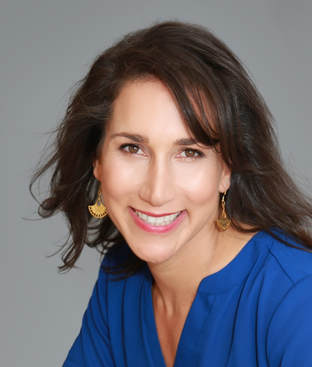 Stephanie Trager, Esq. Chief Catalyst Intentional Paradigms Leadership Catalyst, Executive Coach, Strategic Consultant & Attorney- Creator of The Sustainability Mindset Shift™ s@intentionalparadigms.com www.intentionalparadigms.com Change agent, helping leaders master the game of influence & leverage sustainability to prepare for a rapidly changing world.
0 Comments
|
Archives
August 2020
|


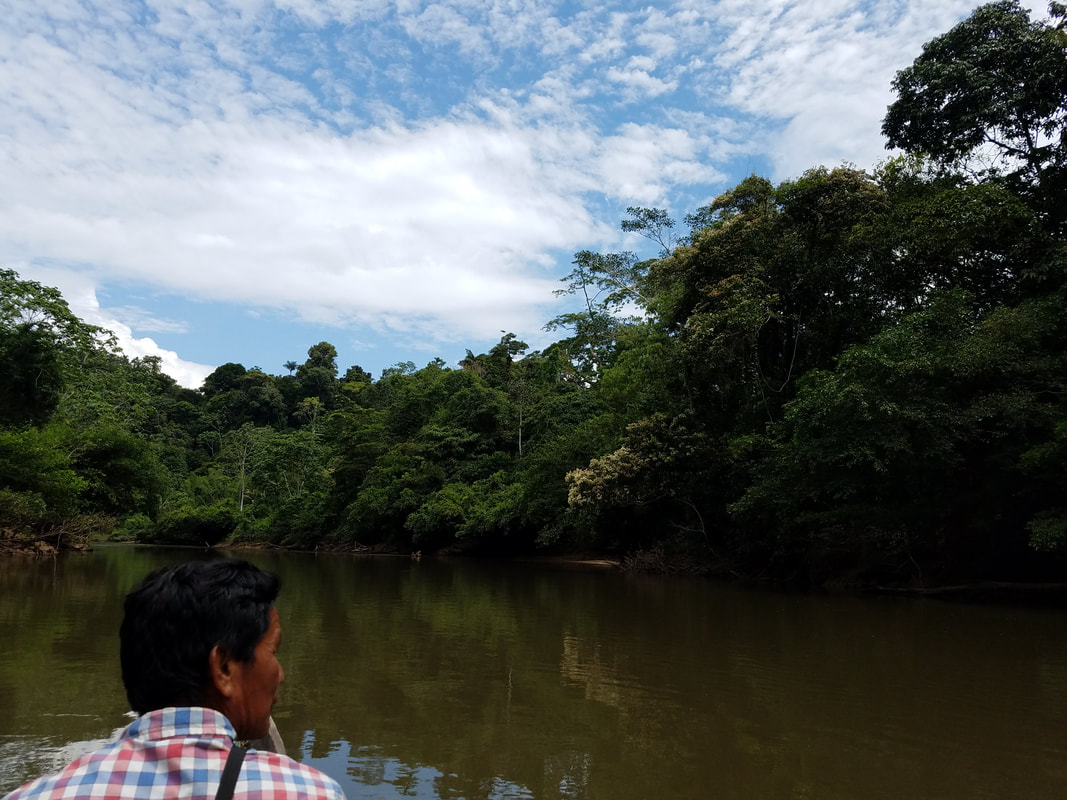
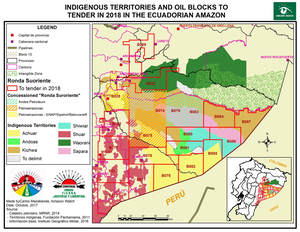

 RSS Feed
RSS Feed

